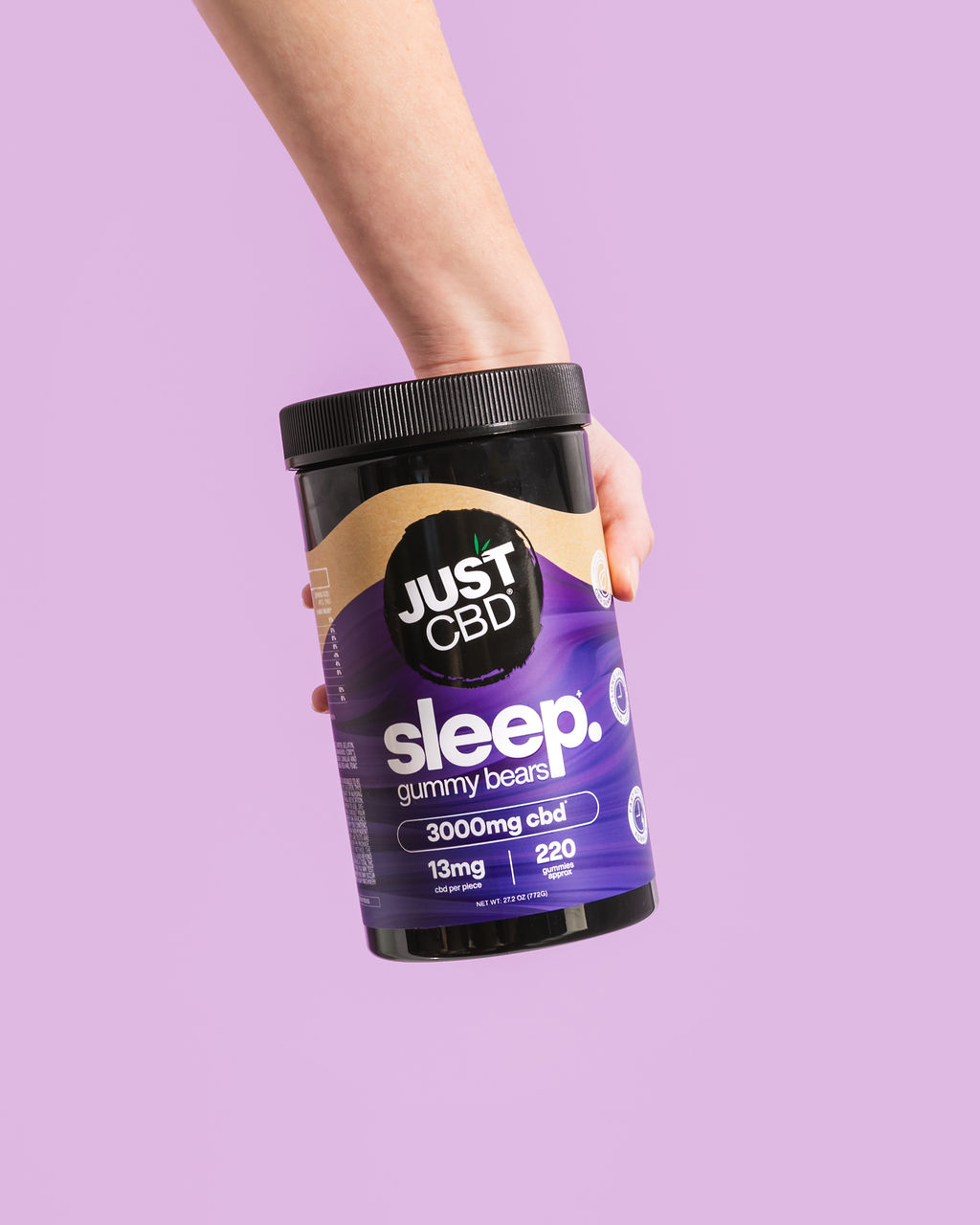Potential Benefits of Kratom for Anxiety
Kratom, an evergreen tree native to Southeast Asia, has gained attention for its potential therapeutic benefits, particularly in managing anxiety. Traditional use suggests that kratom may alleviate symptoms associated with anxiety disorders, offering a natural alternative to pharmaceutical treatments.
Mechanisms of Action
Kratom’s potential anxiolytic effects are attributed to its interaction with opioid receptors in the brain. These receptors play a role in regulating mood and stress responses.
Kratom contains alkaloids, including mitragynine and 7-hydroxymitragynine, which bind to these receptors. Mitragynine has been shown to stimulate mu-opioid receptors, potentially reducing anxiety by influencing neurotransmitter release in the brain.
Furthermore, kratom may modulate activity in the serotonin system, another important pathway involved in mood regulation. Serotonin is a neurotransmitter associated with feelings of well-being and happiness.

Preliminary Research Findings
Preliminary research findings suggest that kratom may have anxiolytic effects, potentially benefiting individuals struggling with anxiety disorders. Some studies indicate that kratom can reduce symptoms of anxiety, such as worry, nervousness, and fear.

However, it’s important to note that the research on kratom for anxiety is still in its early stages, and more robust, well-controlled clinical trials are needed to confirm these findings and establish optimal dosages.
Furthermore, potential side effects and long-term consequences of kratom use require further investigation.
Safety and Side Effects

While kratom shows promise as a natural remedy for anxiety, it’s crucial to understand the potential risks associated with its use.
Drug Interactions
Kratom gummies offer a convenient way to consume kratom, but it’s essential to be aware of safety considerations and potential side effects before using them.
- Safety:** Kratom is not approved by the Food and Drug Administration (FDA) for any medical use, including anxiety. Its safety profile is still under investigation.
- Side Effects: Kratom can cause side effects such as nausea, vomiting, constipation, dizziness, and increased heart rate.
- Drug Interactions: Kratom may interact with other medications, especially those that affect the central nervous system. It’s crucial to consult a doctor before using kratom if you are taking any medications.
Due to the limited research on kratom and its potential for adverse effects, it is recommended to proceed with caution. Consulting a healthcare professional is essential to assess individual risks and benefits and determine if kratom is an appropriate option.
Potential Risks
Kratom’s potential therapeutic benefits, especially in managing anxiety, are promising but come with inherent risks.
While some studies suggest kratom may alleviate anxiety symptoms by interacting with opioid receptors and the serotonin system, more research is needed to confirm its efficacy and establish safe dosages.
One of the primary concerns surrounding kratom is its lack of FDA approval for any medical use. This means its safety profile is not fully understood.
Furthermore, kratom can cause side effects such as nausea, vomiting, constipation, dizziness, and increased heart rate.
There is also a risk of drug interactions, particularly with medications affecting the central nervous system.
Given these potential risks, it’s crucial to exercise caution when considering kratom for anxiety. Consulting a healthcare professional is essential to weigh the potential benefits against the risks and determine if kratom is an appropriate treatment option.
Legal Status and Regulations
Kratom, a substance derived from an evergreen tree native to Southeast Asia, has garnered attention for its potential therapeutic effects, particularly in addressing anxiety. Its use as a natural remedy for anxiety stems from traditional practices and preliminary research findings suggesting potential anxiolytic effects. However, the legal status and regulations surrounding kratom vary significantly across jurisdictions, making it essential to understand the legal implications before considering its use.
Varying Legality Across Jurisdictions
The legality of kratom is a complex and evolving issue, with varying laws and regulations across different countries and states. In some regions, kratom is legal and readily available, while in others, it is strictly prohibited or regulated.
In the United States, kratom’s legal status is a patchwork of state-level laws. While it remains legal at the federal level, several states have enacted bans or restrictions on its sale and possession. It is important to research the specific laws in your state or jurisdiction before using kratom.
Other countries have also adopted different approaches to kratom regulation. Some countries, such as Thailand and Malaysia, where kratom originates, have restricted its use due to concerns about potential health risks.
Conversely, other countries, like Australia and New Zealand, have legalized kratom for personal use.
The varying legal status of kratom highlights the need for consistent and scientifically informed policies regarding its use.
Regulation of Kratom Products
The legal status of kratom is complex and varies significantly across jurisdictions. In some regions, it’s legal and readily available, while in others, it’s strictly prohibited or heavily regulated.
In the United States, kratom’s legal status is a patchwork of state-level laws. Although not federally banned, several states have enacted bans or restrictions on its sale and possession.
Other countries have adopted diverse approaches to kratom regulation. Some, like Thailand and Malaysia, its native countries, restrict its use due to concerns about potential health risks.
Conversely, other countries, such as Australia and New Zealand, have legalized kratom for personal use.
Considerations Before Use
Before considering kratom gummies for anxiety relief, it is crucial to understand the potential risks and legal implications associated with their use. Kratom’s safety profile is not fully established, and it can cause side effects such as nausea, vomiting, constipation, dizziness, and increased heart rate.
Consultation with a Healthcare Professional
Before using kratom gummies for anxiety, it’s essential to consider the potential risks and legal implications involved.
- Safety: Kratom is not approved by the FDA for any medical use, including anxiety. Its safety profile requires further investigation.
- Side Effects: Kratom can cause side effects such as nausea, vomiting, constipation, dizziness, and increased heart rate.
- Drug Interactions: Kratom may interact with other medications, particularly those affecting the central nervous system. It’s crucial to consult a doctor before using kratom if you are taking any medications.
Due to these potential risks and the lack of comprehensive research on kratom’s long-term effects, consulting a healthcare professional is essential. They can help you assess your individual risk factors, weigh the potential benefits against the risks, and determine if kratom is an appropriate option for managing your anxiety.
Dosage and Administration
Before using kratom gummies to address anxiety, it’s crucial to consult with a healthcare professional to discuss potential risks and benefits.
Kratom’s safety profile is not fully established, and more research is needed to determine safe dosages and long-term effects.
Potential side effects of kratom include nausea, vomiting, constipation, dizziness, and increased heart rate.
Kratom may also interact with other medications, especially those affecting the central nervous system. It’s essential to disclose all medications you are taking to your doctor before considering kratom use.
Alternatives to Kratom for Anxiety Management
While kratom shows promise as a natural remedy for anxiety, exploring alternative options is wise. Lifestyle modifications like regular exercise, stress management techniques (meditation, yoga), and adequate sleep can significantly impact anxiety levels. Certain herbs and supplements, such as chamomile, lavender, and L-theanine, have demonstrated potential anxiolytic effects and are generally considered safer than kratom.
Other Herbal Supplements
While kratom shows promise as a natural remedy for anxiety, exploring alternative options is wise. Lifestyle modifications like regular exercise, stress management techniques (meditation, yoga), and adequate sleep can significantly impact anxiety levels. Certain herbs and supplements, such as chamomile, lavender, and L-theanine, have demonstrated potential anxiolytic effects and are generally considered safer than kratom.
Chamomile is a popular herbal tea known for its calming properties. Studies suggest that chamomile may help reduce anxiety and improve sleep quality.
Lavender, with its soothing scent, has been used traditionally to promote relaxation and reduce stress. Research indicates that lavender aromatherapy may be effective in alleviating anxiety symptoms.
L-theanine is an amino acid found in green tea. It has shown promising results in reducing anxiety and improving cognitive function.
Therapy and Medication
Alternatives to kratom for anxiety management include lifestyle modifications, certain herbs and supplements, therapy, and medication.
Lifestyle changes like regular exercise, stress management techniques (meditation, yoga), and adequate sleep can significantly impact anxiety levels.
Certain herbs and supplements, such as chamomile, lavender, and L-theanine, have demonstrated potential anxiolytic effects and are generally considered safer than kratom.
Therapy, particularly cognitive behavioral therapy (CBT), can provide effective tools for managing anxiety. CBT helps individuals identify and change negative thought patterns and behaviors that contribute to anxiety.
For more severe cases of anxiety, medication may be recommended by a healthcare professional. Antidepressants, such as selective serotonin reuptake inhibitors (SSRIs) or serotonin-norepinephrine reuptake inhibitors (SNRIs), can be effective in treating anxiety disorders.
It’s important to consult with a healthcare professional to determine the most appropriate treatment option based on individual needs and circumstances.
Find premium Kratom Gummies online now
